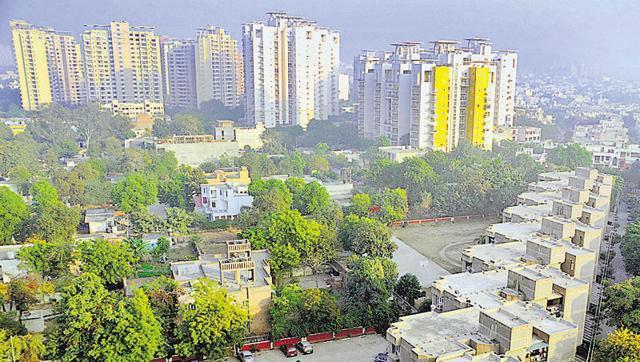The government’s demonetisation of ₹500 and ₹1,000 currency notes will have a transitory impact on many asset classes such as real estate, jewellery, bonds, etc.
The resale market in the real estate sector may be hit the most since many deals are made in cash. However, the demand in primary real estate may not drop since most buyers have got bank loans.
“Short-term pain is inevitable when we look for any eventual long-term cure for the disease. There has, for long, been a strident demand to bring transparency in the sector … and cash dealings must be dealt with first,” said Ashwinder Raj Singh, CEO, residential services, JLL.
“The luxury and high-end segments of residential real estate will be impacted the most. Luxury real estate prices could drop by up to 30% as sellers will struggle to offload properties to generate liquidity,” he adds.
Developers are also likely to face a serious fund crunch in the short to medium term, which may further delay some of the ongoing projects.
Gems and jewellery sectors also attract a lot of cash. The demand for gems and jewellery is expected to decline in the next two to three quarters. The unorganised segment will be the worst hit. Since people panicked, the domestic prices of gold rose, but these will be stable in the long run.
“The industry is bound to feel the pinch in the near term as around 80% of the gems & jewellery purchases in India are made in cash. Nevertheless, the demand for gold is likely to pick up in the long term. The organised jewellery retailers are benefitting from this structural change in the market,” says CRISIL report.
Gold imports through the unofficial channel are likely to fall. There will be no significant impact on jewellery exporters because it is mostly an organised market.
The note-scrapping will have a positive impact on the bond market. “Surge in deposits and improved liquidity in the banking system will create more demand for government bonds and other high-rated bonds and cause downward pressure on yields,” says Sunil Kumar Sinha, principal economist, India Ratings and Research.
“The RBI will continue to sterilise excess liquidity from the banking system to keep the short-term rates aligned with the policy rate,” he adds.
The stock market will also face downward pressure in the short term but will pick up in the long run. The change in purchasing power will also hit the micro, small and medium scale enterprises for the next few years. Short-term volatility is an opportunity for long-term investors to buy sound stocks.
[Source:-HT]





